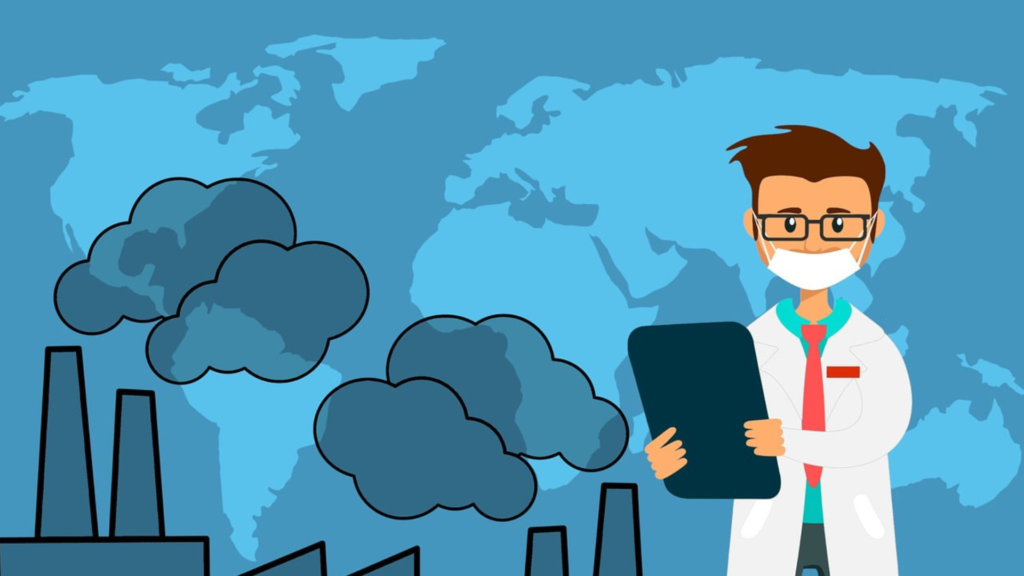Air pollution is contributing as one of the world’s major environmental and health issues, it claims around 11.65% of deaths globally. According to the recent publication of Lancet Planetary Health Journal (LPHJ), the increase in air pollution known as PM2.5 (Particulate Matter), has a co-relation to the increase in antibiotic resistance. According to the United Nations air pollution causes 7 million human deaths every year in the world.
With continuous inhalation of polluted air across the globe, there is analytical data has been achieved under the study about the spread of elements of antibiotic resistance in the body causing premature deaths. As the consumption rate of antibiotics has increased by 46% between 2000 to 2018 worldwide, it is becoming a global threat to human health.
The study found that if air pollution increases by 10% globally, there will be a diverse increase in antibiotic resistance country-wise which can be around a 1.1% increase in antibiotic resistance globally. The prolonged exposure to increasing PM 2.5 levels has directly led to rising antibiotic resistance. Between 2016 to 2019 the total death rate due to antibiotic resistance has increased by more than 80%.
In 2019, nearly 1.27 million deaths were reported because of antimicrobial resistance and this is expected to reach ten million by 2050 if no measures are taken to reduce air pollution. Densely populated countries like India and China are much more likely to be impacted by premature deaths due to antibiotic resistance caused by rising air pollution to essentially support their socio-economic growth.
As per the World Health Organization (WHO) recommendation, antibiotic resistance can be reduced by 17% by 2050 if PM2.5 levels are restricted to 5 micro-grams/cubic meters. The policies to bring down air pollution to a safe level can be implemented through policy support and could save premature deaths by 23%.
The whole world is addressing the climate change issue, if the implementation of environment-related policies can be done on priority to cut down air pollution levels along with minimizing the misuse as well as overuse of antibiotics to treat various infections, a better future for human beings can be crafted and good public health can be achieved globally.

